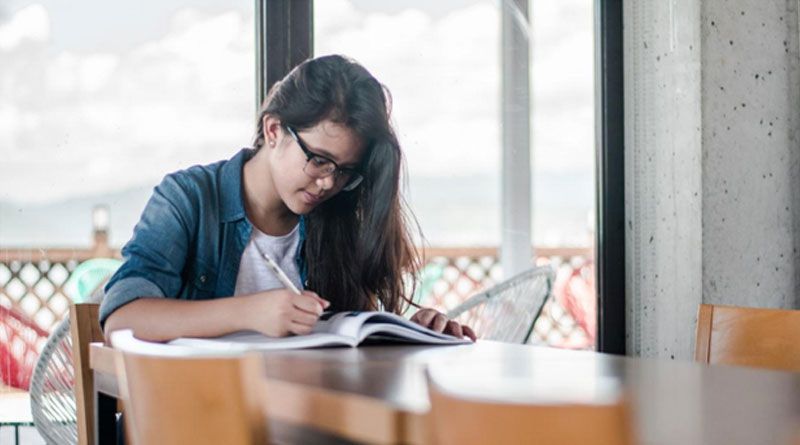Crimes around campus are rampant all over the world, placing many students at risk. Murders, crimes of passion, violence, burglary, and many other crimes have devastating effects on the learners.
This makes it necessary for an institution to put in place measures for student protection on campus.
Still, campus security can be tough to achieve due to the vast number of students in the institutions. The buzz of activity does not make it any easier. But it’s not impossible to ensure student safety.
Here are seven ways to improve student safety on campus.
1. Campus Patrol
One way to enhance safety is to ensure constant patrol around the campus to safeguard the students. Criminal activities find space when there is little surveillance.
The campus guards should be on the lookout, especially during early mornings and late nights, to ensure that the students are safe.
Teams can use surveillance to monitor all areas that students frequent at night. Find further info about trained guards here.
2. Lighting and Video Surveillance
Campuses have to ensure that all hidden spots have good lighting and security cameras. The lighting makes it challenging for people with ill motives to carry out attacks. Monitored cameras will also discourage criminal activities.
Monitor all dark spots that can be used as potential hideouts, and have the security team on high alert over these areas.
Lighting all the areas gives the students a safe feeling when they move around the campus.
3. Reporting Incidences
When there are incidences of insecurity on campus, there should be reports filed with legal consequences. For instance, if a student attacks another, there should always be a report.
Reporting all cases creates a database where they can analyze crime and avert any future occurrences. A lot of times, victims of attacks have prior encounters with their attackers.
You can thwart attacks by encouraging students to come in when they fear for their safety.
Reporting incidences of suspicious activity also helps if the security team makes a follow-up and averts the crimes.
4. Invest in Technology
Technology makes life better, and security systems that use the right technology are the most effective.
An instance is the use of access control systems that can help keep off outsiders from campus grounds. It also prevents people from accessing all areas of the institution if they do not have a pass.
Another way to use technology is to have a communication system where the security can relay messages when there is a need to make updates.
An alert system that sends distress messages when there is an issue helps keep the campus security team prepared.
5. Avoid Late Night Walks
While campus security can assure your safety, if you’re a student or faculty member, it’s important to do your part.
Try to avoid walking in the dark, especially on your own as many victims are accosted at night by their assailants.
Walk with a group of trustworthy friends whenever you have to walk at night.
Carry along something you can use in self-defense, like pepper spray. Keep your phone well charged and ensure someone knows your whereabouts all the time.
Avoid staying late at parties, especially if you’ve been drinking. Have a trusted friend take you home as early as possible.
6. Training
Constant training for everyone can help deal with criminal activities. Training security guards on safety measures help them learn new ways to handle security threats.
Training everyone ensures that they learn coping skills in case of anything.
Students also need to know what to do in case they are facing danger. They are in a better position to counter attacks that can affect one of them.
7. Policies
Having policies in place can help improve safety on campus. Implementing better regulations is essential to help seal loopholes that continue to hinder safety measures.
Zero tolerance for weapons is also an important rule to enforce. Most shootings in schools happen when the attackers can walk into a school building unchecked.
Make sure that no one finds it easy to bypass security checks.
Conclusion
Enhancing safety is a priority for every learning institution that cares about the wellbeing of its learners and progress. The strategies we’ve shared can help everyone observe safety on a personal level as part of overall campus security.

Namaste UI collaborates closely with clients to develop tailored guest posting strategies that align with their unique goals and target audiences. Their commitment to delivering high-quality, niche-specific content ensures that each guest post not only meets but exceeds the expectations of both clients and the hosting platforms. Connect with us on social media for the latest updates on guest posting trends, outreach strategies, and digital marketing tips. For any types of guest posting services, contact us on info[at]namasteui.com.

